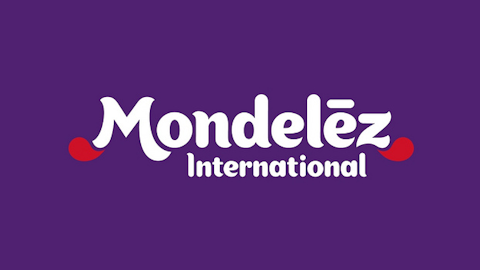A hallmark of many of the most popular dividend ETFs focused on U.S. equities is that these funds are usually tilted heavily toward large-cap stocks.
Venerable dividend-payers such as Johnson & Johnson (NYSE:JNJ), PepsiCo, Inc. (NYSE:PEP) and The Procter & Gamble Company (NYSE:PG) are among the most common holdings found in a plethora of dividend ETFs.
Sectors such as consumer staples and health care do offer income investors some level of comfort as these groups are chock full of large-cap dividend names. However, that does not mean investors should gloss over opportunities with mid- and small-cap ETFs, particularly when those funds are focused exclusively on dividend stocks.
Yield statistics indicate there are a few mid- and small-cap ETFs investors may want to have a look at. The WisdomTree SmallCap Dividend Index had a trailing 12-month dividend yield advantage of more than 1.8 percent over its market cap-weighted index peers, the Russell 2000 Value and the Russell 2000 indexes while WisdomTree MidCap Dividend Index had a trailing 12-month dividend yield advantage of more than 1.4 percent over its market cap-weighted index peers, the Russell Midcap Value and the Russell Midcap indexes, said the ETF issuer in a new research note.
The WisdomTree SmallCap Dividend Index is the index tracked by the WisdomTree SmallCap Dividend Fund (NYSEARCA:DES). DES has a 30-day SEC yield of 3.23 percent compared to 1.43 percent for the iShares Russell 2000 Index (NYSEARCA:IWM). The focus on dividends has lead to a significant difference in returns. Over the past year, DES is up 19.4 percent compared to 14.4 percent for iShares Russell 2000 Index (NYSEARCA:IWM).
DES has also been 200 basis points less volatile than iShares Russell 2000 Index (NYSEARCA:IWM). The WisdomTree offering charges 0.38 percent per year, which is higher than the 0.25 percent charge by iShares Russell 2000 Index (NYSEARCA:IWM), but DES does feature a monthly dividend. Home to $545.1 million in assets under management, DES allocates a combined 44 percent of its weight to financial services and industrial names. Consumer discretionary and utilities also receive double-digit allocations.
As for the WisdomTree MidCap Dividend Index, that index is tracked by the WisdomTree MidCap Dividend Fund (NYSEARCA:DON). DON’s 30-day SEC yield of 2.79 percent is not spectacular, but it is far better than what investors will find on the SPDR S&P MidCap 400 (NYSEARCA:MDY).
As is the case with small-caps, mid-cap dividend-payers deliver better returns while featuring lower volatility. Over the past 12 months, WisdomTree MidCap Dividend Fund (NYSEARCA:DON) has outpaced MDY by 520 basis points while being 230 basis points less volatile. MDY is the cheaper of the two ETFs with an expense ratio 0.25 percent compared to 0.38 percent for WisdomTree MidCap Dividend Fund (NYSEARCA:DON).
WisdomTree MidCap Dividend Fund (NYSEARCA:DON), which has $577.2 million in AUM, devotes a quarter of its weight to financials. Utilities, discretionary and industrial names combine for another 47 percent of the ETF’s weight. Top individual holdings include Windstream Corporation (NASDAQ:WIN), Ameren Corp (NYSE:AEE) and Best Buy Co., Inc. (NYSE:BBY).
“In our opinion, mid- and small-cap companies are important tools for providing diversification benefits and increased potential return,” said WisdomTree Research Director Jeremy Schwartz in the note. “Specifically, we think that mid- and small-cap dividend-paying companies deserve a larger share than they’re currently being allocated by market cap-weighted indexes. Allocation to mid- and small-cap dividend-paying companies can increase trailing 12-month” dividend yield.”
This article was originally written by The ETF Professor, and posted on Benzinga.



